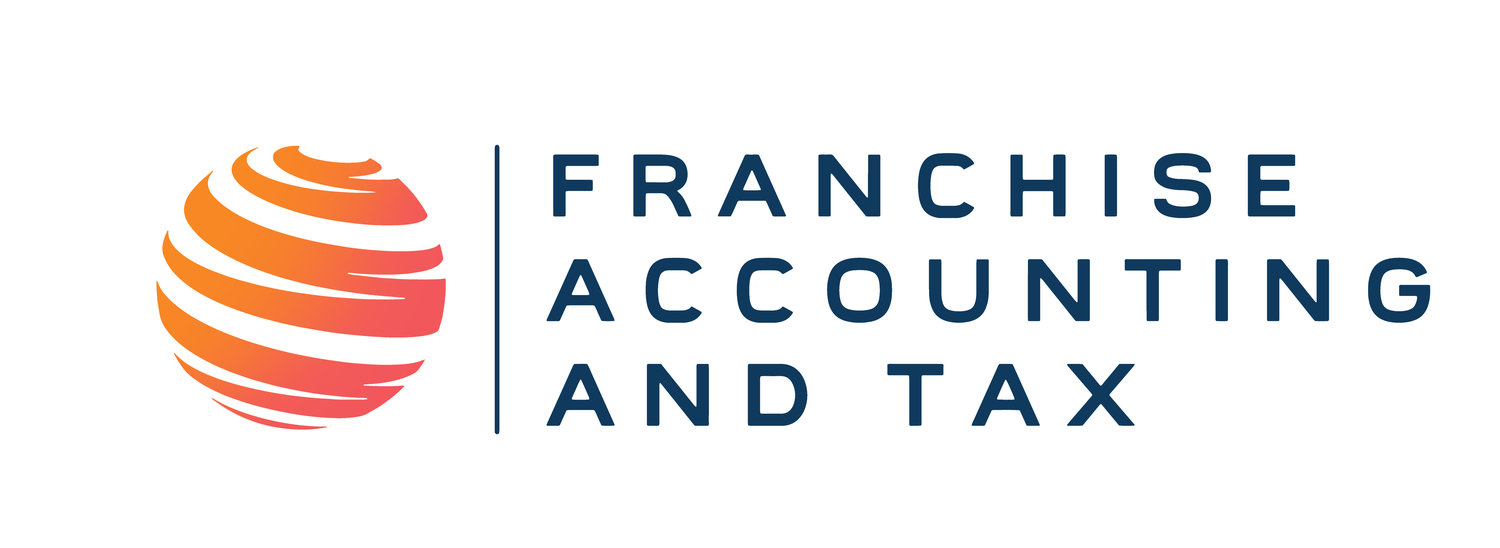Changes to JobKeeper have recently been announced.
The key changes include:
Program extended to March 2021, no September cliff! (sigh of relief!)
The fortnightly rate will be reduced from $1,500 to:
$1,200 from 28 Sep 2020 to 3 Jan 2021
$1,000 from 4 Jan 2021 to 28 March 2021
This basically represents a 'weaning off support' measure.
For those who work less than 20 hours per week, lower rates will apply:
$750 from 28 Sep 2020 to 3 Jan 2021
$650 from 4 Jan 2021 to 28 March 2021
This ends the obvious anomaly of some part timers getting paid more than they were before JobKeeper!
Additional testing of eligibility applies in October 2020 and December 2020:
To be based on Actual GST Turnover, rather than projected
From 28 Sep 2020 to 3 Jan 2021, based on actual GST turnover in both the June and Sep quarters 2020
From 4 Jan 2021 to 28 March 2021, based on actual GST turnover in each of the June, Sep and Dec quarters 2020.
These are tougher tests which will mean some businesses won't qualify all the way through to March. Intended to have them stand on their own.
Further guidance, from Treasury, including fact sheets, is available here:
https://lnkd.in/fPqb3Bj
Let me know if you need a hand
Peter

